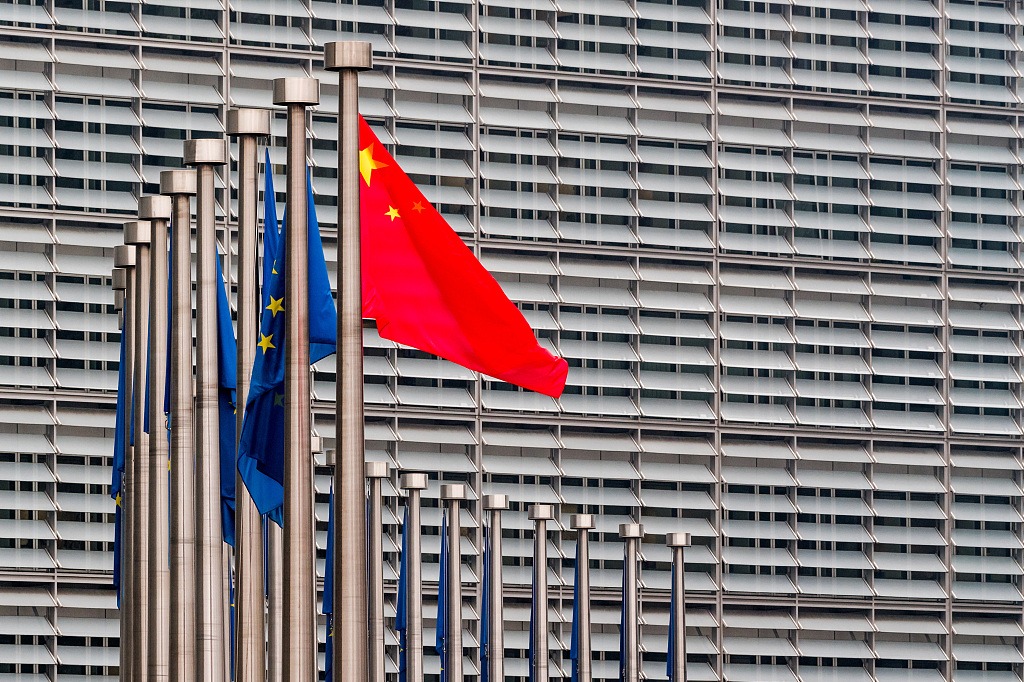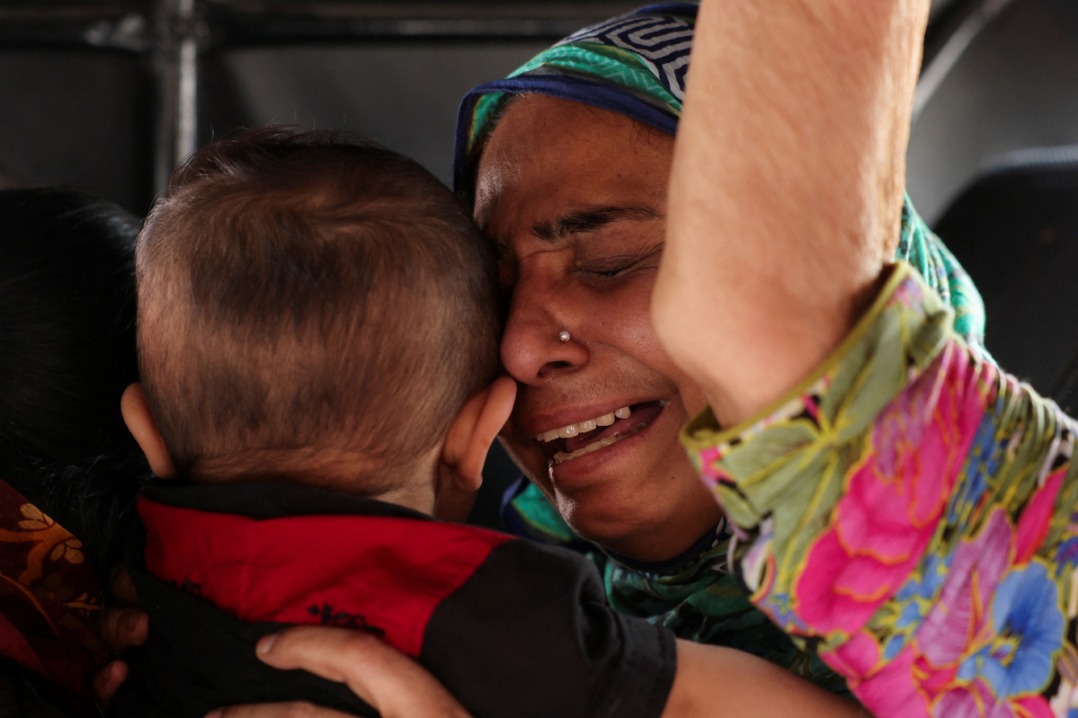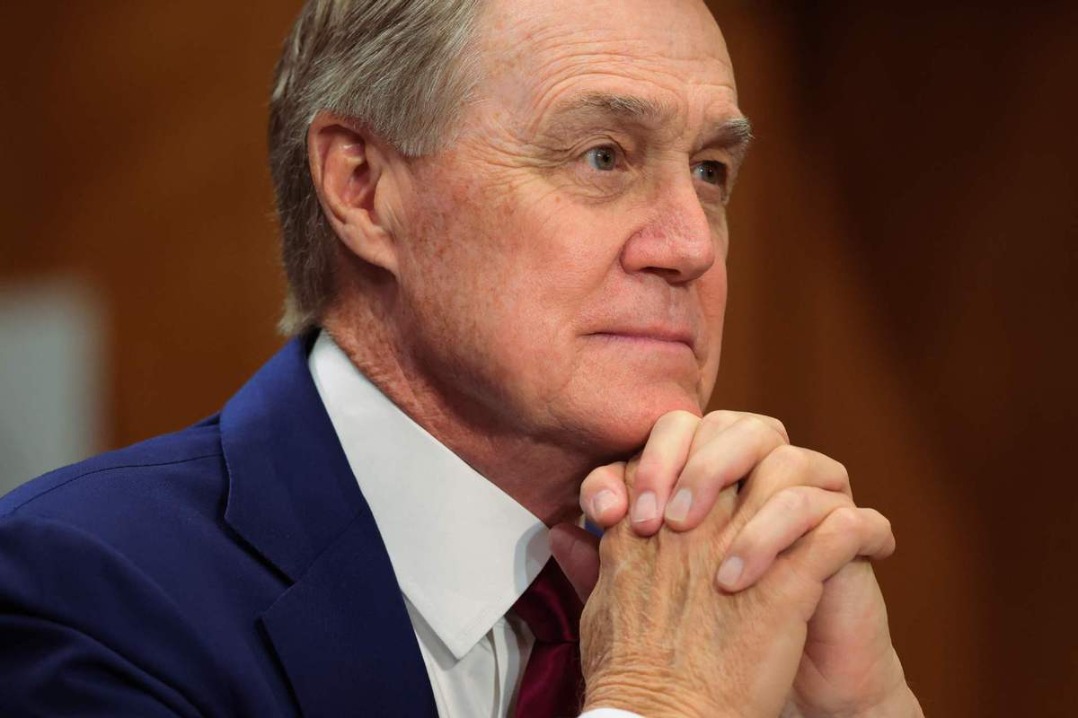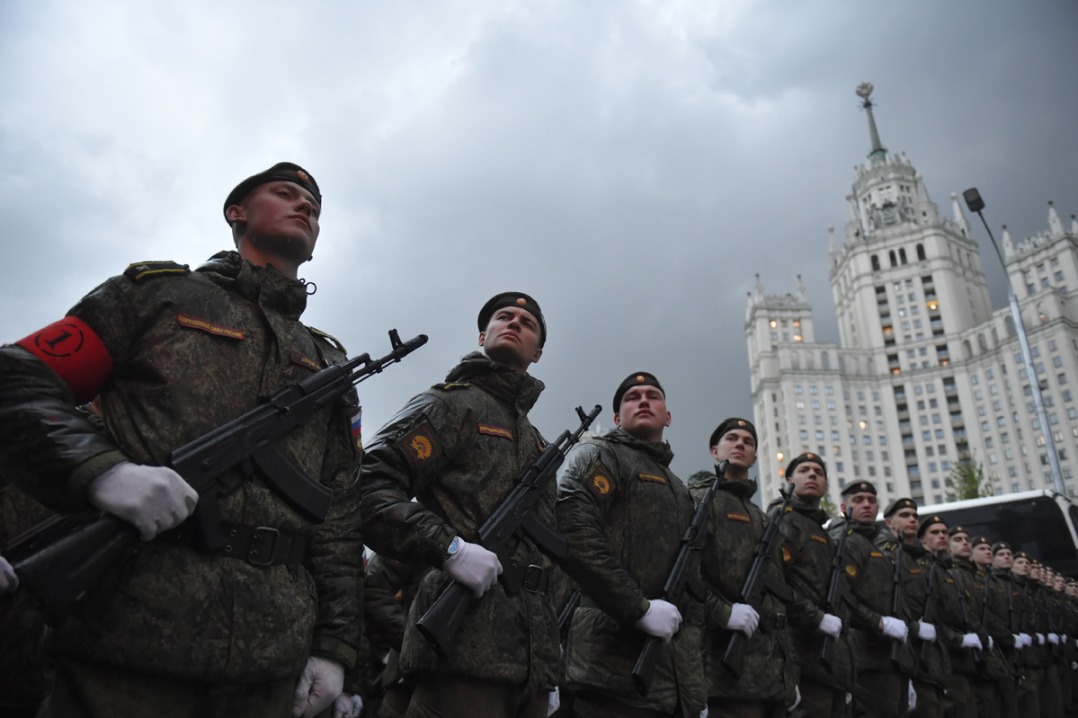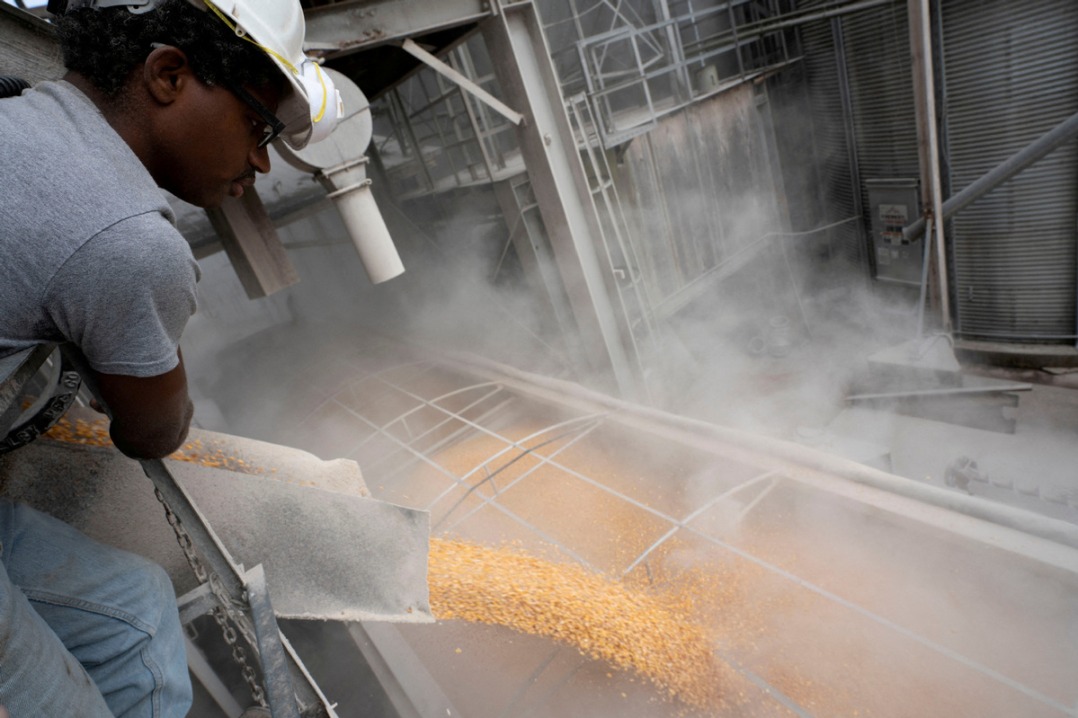Germany's new govt gets nod from coalition partner

Germany's new coalition government and chancellor will be formally approved early next week after the final piece of the political jigsaw was put in place when the Social Democrats, or SPD, voted in favor of the coalition agreement.
The Christian Democratic Union and Christian Social Union of chancellor-elect Friedrich Merz, known as the CDU-CSU, won the largest share of the vote in February's parliamentary election, ahead of the far-right Alternative for Germany, or AfD, and the SPD, which trailed in third place with its worst result in decades.
Merz's center-right party ignored the AfD as a potential coalition partner and instead talked with the SPD, which on Wednesday confirmed that in a vote of its members, nearly 85 percent had backed the agreement.
One of its terms will see SPD leader Lars Klingbeil appointed vice-chancellor and also finance minister. Voter dissatisfaction with the SPD's previous leader and former chancellor Olaf Scholz was one of the main reasons blamed for the poor electoral results, but Klingbeil has largely managed to escape blame and was prominent in the coalition negotiations.
Jens Suedekum, a professor of international economics at Dusseldorf's Heinrich Heine University, told the Financial Times newspaper that Klingbeil, whose priority will be to draw up a budget for this year and next "likes to be seen as the adult in the room. The guy who makes sure that the federal government acts responsibly".
Klingbeil's political background is mainly in foreign affairs, rather than finance or economics. He is regarded as one of the more conservative members of a predominantly center-left party, and has recently spoken out against the United States tariff program and in support of boosting Germany's military capabilities.
The coalition agreement is due to be formally signed on Monday, with Merz's election as the 10th chancellor scheduled for Tuesday, and in the run-up to those events, more key cabinet appointments will be made, with the SPD having been given seven seats to fill, including the key ministries of defense and labor and social affairs.
The CDU-CSU has put forward migration hard-liner Alexander Dobrindt as interior minister, and Johann Wadephul, a strong supporter of Ukraine, as foreign minister.
On his personal website, Wadephul says "My main focus is on transatlantic relations and NATO, relations with China and Russia, as well as the Balkans and the Middle East", and in a recent interview with German broadcaster Deutsche Welle, when asked about Ukraine, he said, "I think it must be clear to everyone involved. ... that we stand by Ukraine's side."
















